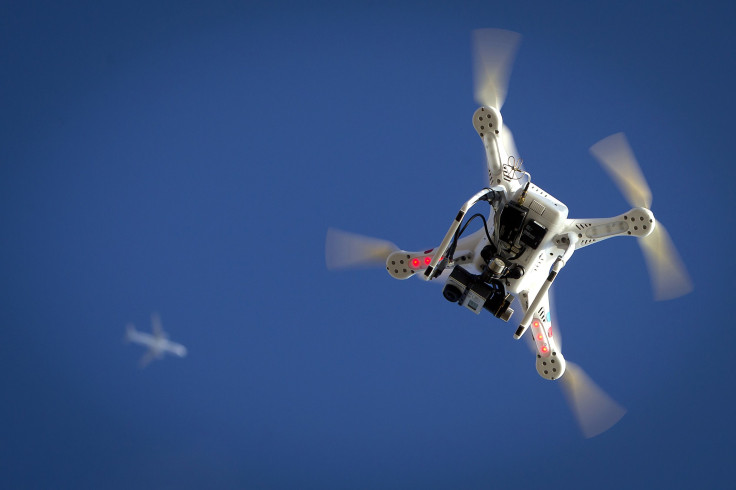Amazon Slams FAA Drone Policy, Says Delays Hurt US UAV Industry

Amazon has accused the federal government of being too slow to create an effective commercial drone testing policy. While the Federal Aviation Administration has given Amazon permission to test its delivery drone program, the e-commerce giant warned that the U.S. is allowing other nations to get a head start on unmanned aerial vehicles (UAVs).
It was exactly the FAA's approval, though, that seemed to raise Amazon's ire. Paul Misener, the company's vice president for global public policy, told a Senate subcommittee that the prototype went out of date during the six months the company waited for permission.
“We don't test it anymore. We've moved on to more advanced designs that we already are testing abroad,” Misener said in written testimony issued to the Senate Subcommittee on Aviation Operations, Safety and Security. “Nowhere outside of the United States have we been required to wait more than one or two months to begin testing.”
The FAA has proposed a set of rules that would permit a variety of commercial drone flights. Yet Amazon's intention to launch a fleet of package delivery drones was all but shot down by the stipulations that pilots keep drones within their line of sight and don't fly their craft higher than 500 feet.
Misener didn't go so far as to ask Congress to create legislation to trump the FAA rules, but U.S. Sen. Cory Booker, D-N.J., plans to introduce a bill, the Commercial UAV Modernization Act, that could give businesses more leeway until the FAA finalizes its drone rules, Forbes reported. Initial reports suggest the bill would authorize pilots who have passed a “knowledge test” to fly drones during daylight and under the FAA's altitude limit.
© Copyright IBTimes 2024. All rights reserved.











